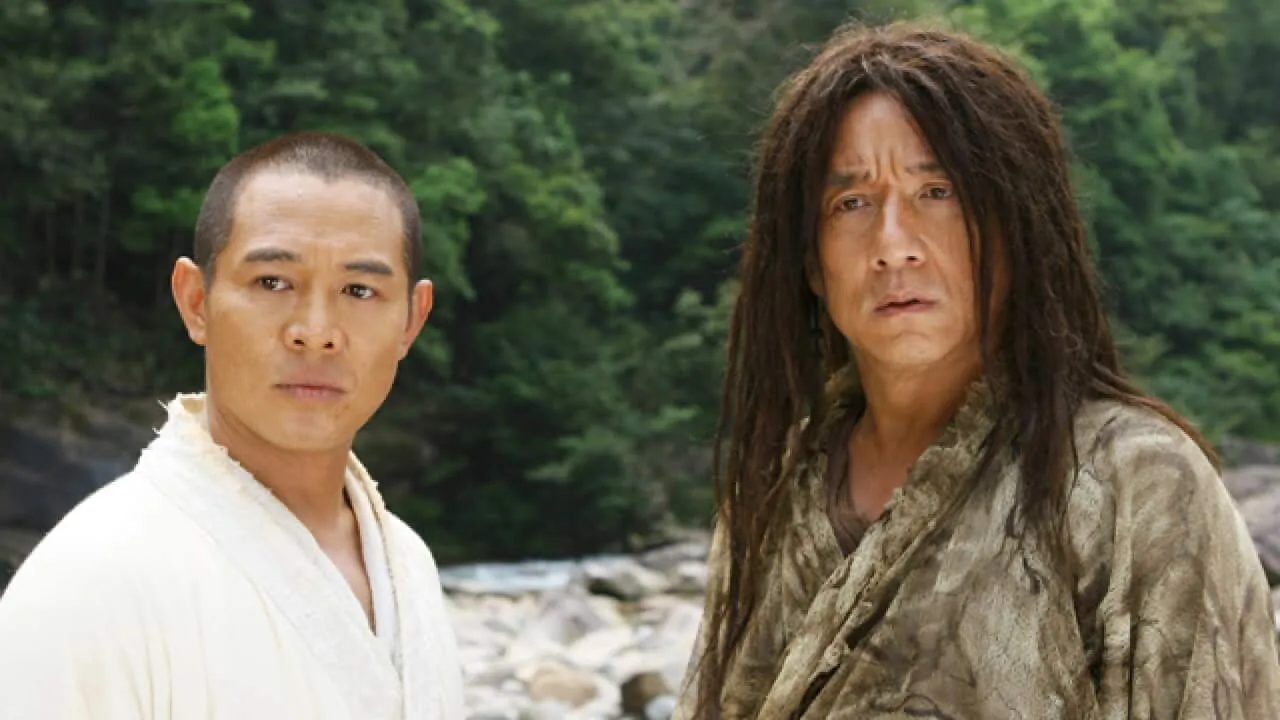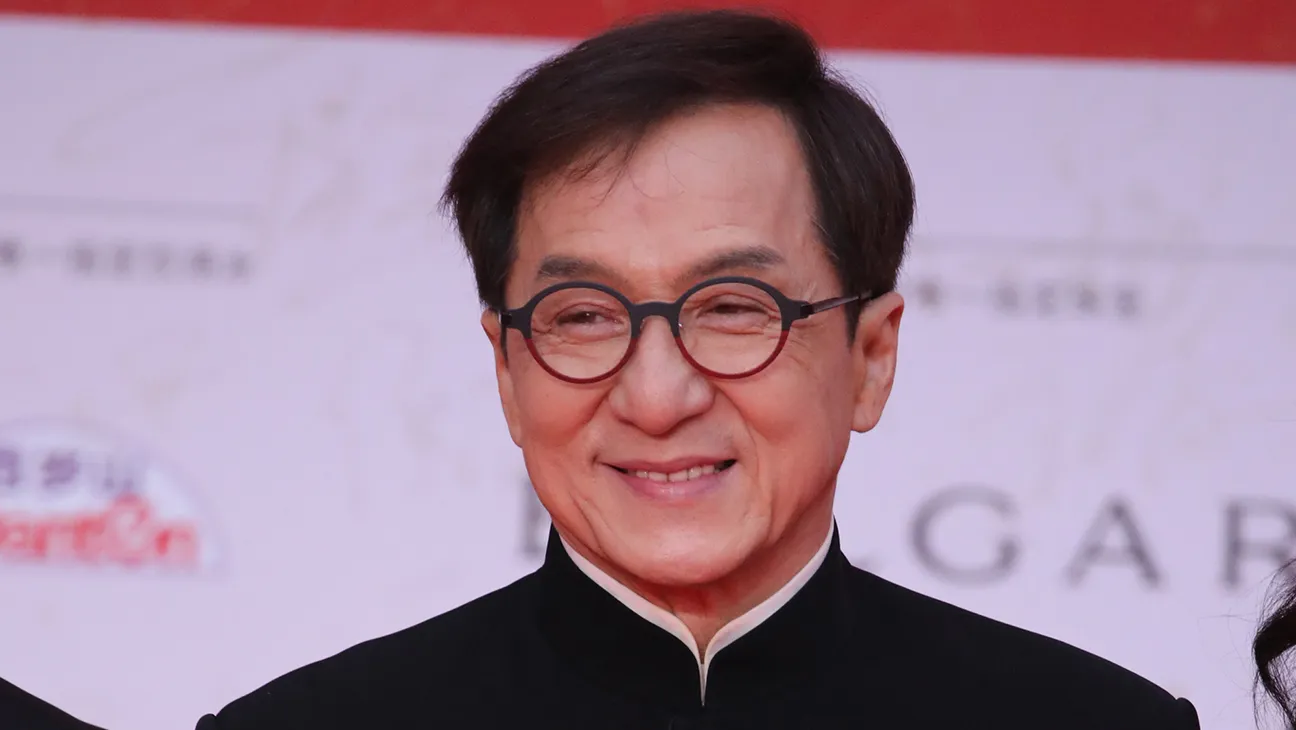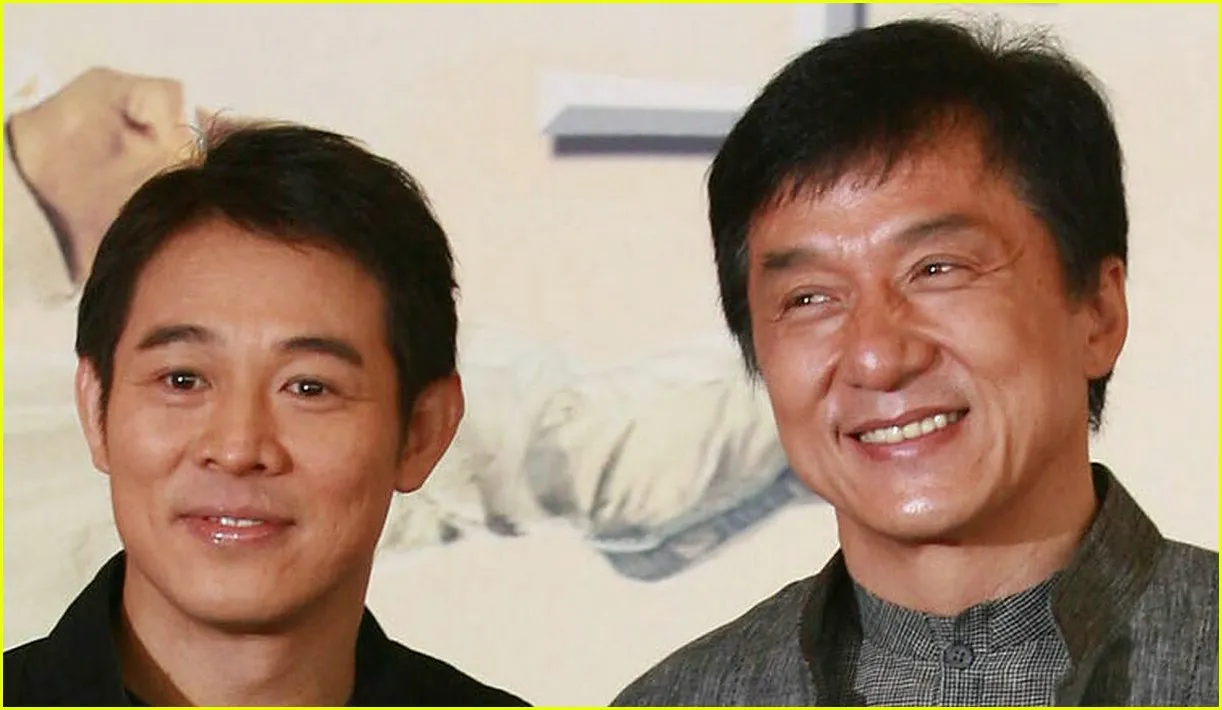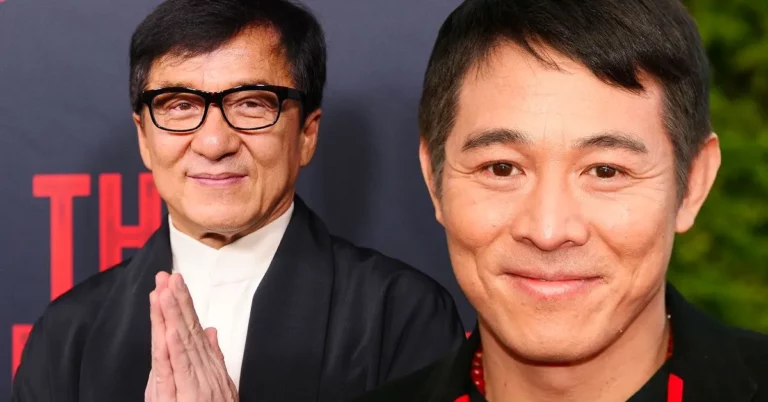Jackie Chan and Jet Li are titans of martial arts cinema, each carving out legendary careers with their high-flying stunts and charismatic screen presence. Known for their dynamic roles and groundbreaking contributions to the action genre, their rare on-screen collaboration was always a much-anticipated event. However, not all moments between these two stars have been smooth. The release of Jet Li’s 1995 film High Risk, which parodied Jackie Chan’s distinctive fighting style, stirred up more than just laughs—it ignited a spark of controversy.

In High Risk, Li took comedic jabs at Chan’s well-known stunt-driven action sequences, which did not sit well with Chan. During a past interview with The Things, Chan expressed his discontent about the parody, stating, “Of course I’m not happy, but what can I do? I cannot say, ‘Stop! Don’t do it.” Despite his dissatisfaction, Chan chose not to escalate the issue, highlighting his professionalism and commitment to the broader goals of the martial arts community.
Box Office Blues and Redemption
Despite its star power and the buzz surrounding Li’s performance, High Risk struggled at the box office, pulling in a modest $11 million—a stark contrast to the duo’s later joint venture. The financial disappointment, coupled with the parodic elements of the film, reportedly led to regrets from Li. Chan, reflecting on these tensions years later, noted the resilience of their friendship, underscoring how both actors eventually moved past the controversy.
This resilience was on full display when Chan and Li reunited for the 2008 hit The Forbidden Kingdom. The film not only mended any lingering rifts but also was a commercial success, grossing nearly $130 million globally. This collaboration reaffirmed their status as beloved icons and showed that their on-screen chemistry could transcend earlier misunderstandings.

“Karate Kid: Legends” – A New Chapter for Jackie Chan
Turning towards the future, the martial arts film scene is buzzing with excitement for the upcoming Karate Kid: Legends, slated for release on May 30, 2025. Directed by Jonathan Entwistle, this next chapter in the Karate Kid franchise promises to reconnect audiences with beloved characters and introduce new dynamics. Jackie Chan reprises his role as Mr. Han, alongside Ralph Macchio’s Daniel LaRusso. Newcomer Ben Wang joins the cast, adding fresh energy to the seasoned ensemble.
Entwistle has teased fans with hints about the deep historical connections between Mr. Han and the iconic Mr. Miyagi, enriching the narrative fabric of the Karate Kid series. The director, a self-proclaimed fan of Cobra Kai, envisions this installment as a bridge that not only honors its predecessors but also expands the legacy in compelling new directions.
Legacy and Influence in Martial Arts Cinema
The stories of Jackie Chan and Jet Li are intertwined with the history of martial arts films, illustrating the complex dynamics of friendship, rivalry, and artistic expression. Their journeys from Hong Kong cinema to global stardom encapsulate the spirit of martial arts—discipline, respect, and the continual pursuit of excellence. As Chan and Li have shown, true friendship can withstand the highs and lows, turning even moments of conflict into opportunities for growth and reconciliation.

As fans eagerly await the release of Karate Kid: Legends, the legacy of these martial arts giants continues to inspire new generations of actors and filmmakers. Through their films, Chan and Li have not only entertained the world but have also set a benchmark for the kind of profound impact cinema can have on cultural dialogue and personal relationships.
